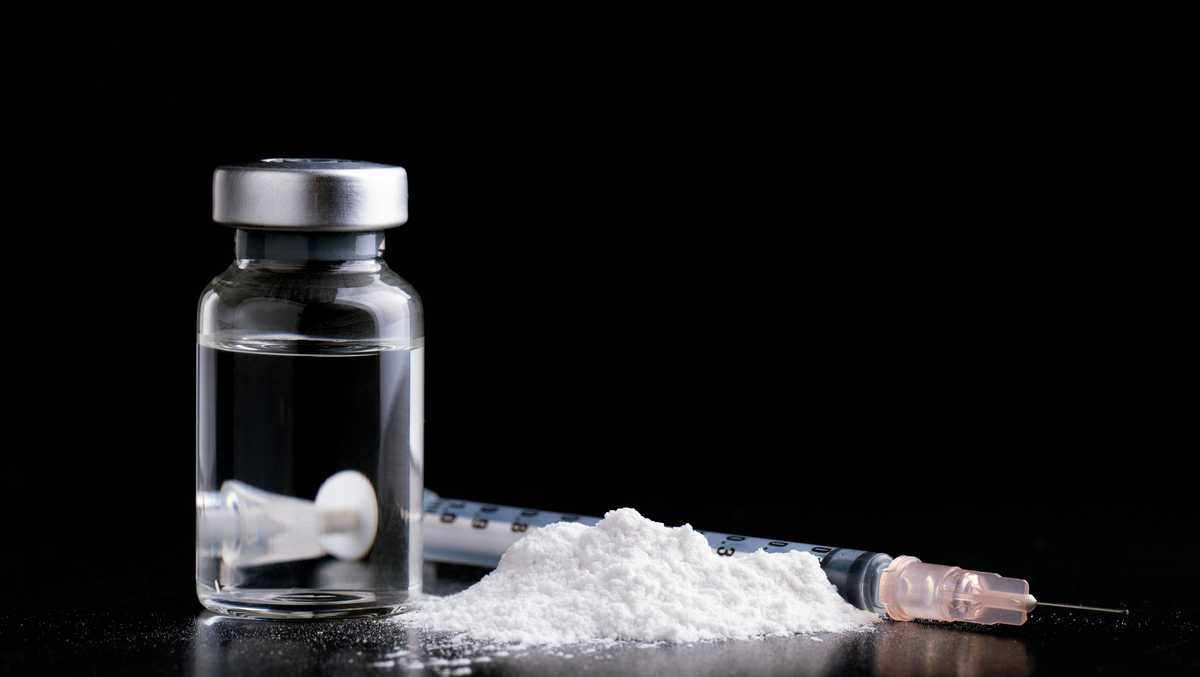Having looked it up Ketamine is in fact not FDA approved for use for sedation, but rather is approved for use as a surgical anesthetic agent and just gained approval this year for surgical Pain control. This in turn makes it an off label use which in turn creates a legal presumption of negligence liability where there is injury or death resulting from said off label use.
There absolutely is no "legal presumption of negligence liability" due to off-label use of a drug

. If that were true, then a majority of physicians and advanced practice providers commit medical negligence multiple times a day, every day. Clearly that is not, in fact, the case.
Did you know, for example, that ondansetron (Zofran) is FDA approved ONLY for the prophylaxis or treatment of nausea and vomiting for patients taking chemotherapy or radiation therapy, and in the perioperative period? If what you are claiming is true, any provider who is not an oncologist or anesthesia provider is guilty of negligence any time they prescribe Zofran. This, despite the fact that Zofran is recommended by multiple authorities as a first or second-line therapy for most common cases of N&V.
Do you think the AAFP recommends Zofran as a second-line therapy for hyperemesis gravidarum because they secretly want their obstetricians to be sued for negligence? Fentanyl is not FDA approved for sedation in ventilated ICU patients; has it become commonly used for that purpose because the many authorities who recommend it are conspiring against intensivists?
As an "ACLS certified medicolegal investigator" you must be well aware that the FDA does not regulate the practice of medicine in any way; it regulates drug and medical device manufacturers. FDA approved uses for a drug or device relate solely to how the drug may be marketed or recommended for use by the manufacturers, and has nothing to do with how the drug may be used or prescribed by physicians. In critical care and anesthesia it is probably just as common for a given drug to be used for off-label purposes as it is to be used in accordance with them.
Your expertise must surely also include an understanding that a finding of medical negligence requires a demonstration that the provider failed to adhere to the standard of care that another provider would have. That is pretty much all negligence cases come down to. The act in question is either accepted practice and would be found reasonable by other clinicians with similar training and experience, or it is not. The FDA medication inserts have nothing to do with it.
For paramedics, it pretty much just comes down to whether or not they were following their training and protocols in a reasonable manner. If they were, then they are fine.

 www.wesh.com
www.wesh.com

